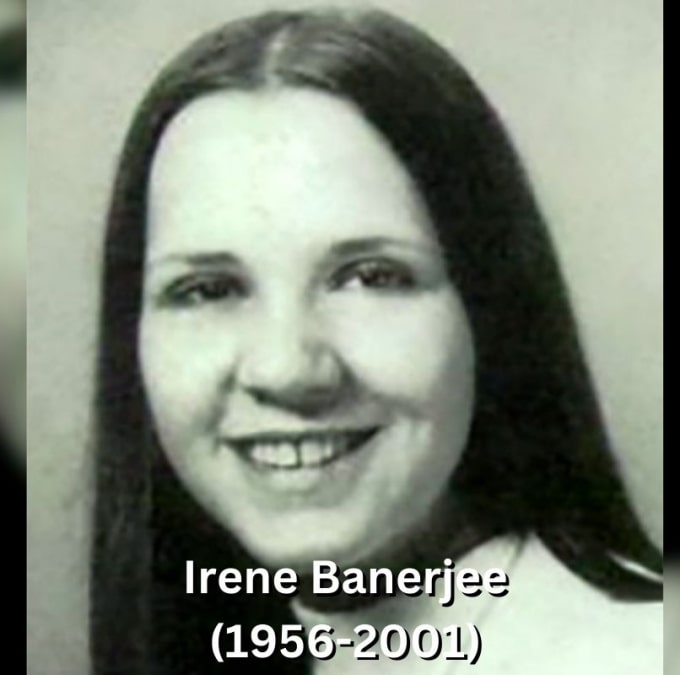Ronald Charles McKernan, better known as Pigpen, was a pivotal figure in rock and blues music. As a founding member of the iconic Grateful Dead, his contributions to the band and the music scene of the 1960s and 1970s were significant. This article offers an in-depth look at the life, career, personal struggles, and enduring legacy of Ron McKernan, shedding light on the man behind the music.
Quick Info Table
| Full Name | Ronald Charles McKernan |
|---|---|
| Known As | Pigpen |
| Professions | Musician, Singer, Songwriter |
| Age (as of 2024) | N/A (Passed away in 1973) |
| Date of Birth | September 8, 1945 |
| Birthplace | San Bruno, California, USA |
| Nationality | American |
| Date of Death | March 8, 1973 |
| Height | 5'8" (approx.) |
| Weight | 160 lbs (approx.) |
| Net Worth (2024) | N/A |
| Parents | Phil McKernan (Father), Esther Elverum (Mother) |
| Spouse | N/A |
| Children | N/A |
Early Life
Born in San Bruno, California, Ron McKernan's formative years were spent in the culturally diverse environment of the San Francisco Bay Area.
Childhood and Influences
From a young age, the vibrant African-American music scene, particularly the blues genre, deeply influenced McKernan. His father, Phil McKernan, was a radio DJ, providing young Ron with early exposure to a wide variety of music. This early immersion played a critical role in shaping his musical tastes and talents.
Formative Years in Palo Alto
During his teen years in Palo Alto, California, McKernan honed his harmonica and electric organ skills. He developed a reputation for his soulful voice and bluesy style, which later became his signature sound with the Grateful Dead.
Career Highlights
McKernan's career was filled with significant contributions to the Grateful Dead and unique musical stylings. Here, we explore his journey with the band and his role in shaping their sound.
Founding the Grateful Dead
In 1965, McKernan, alongside Jerry Garcia, Phil Lesh, Bob Weir, and Bill Kreutzmann, founded the Grateful Dead. Initially known as the Warlocks, the band quickly gained a following for their unique fusion of rock, blues, and psychedelic music.
Key Performances and Albums
McKernan's compelling performances were a cornerstone of the Grateful Dead's early success. Highlights include their legendary performance at the Woodstock Festival in 1969 and the band's European tour in 1972, which was immortalized in the live album "Europe '72."
Struggles with the Band's Evolution
As the Grateful Dead's music evolved towards a more psychedelic sound, McKernan struggled to adapt. His preference for blues and traditional rock clashed with the band's new direction, leading to internal tensions.
Personal Life
Beyond his musical career, Ron McKernan's personal life was marked by struggles and relationships that shaped his journey. This section offers a deeper understanding of the man behind the music.
Relationships and Friendships
McKernan formed close friendships with many influential musicians, including Janis Joplin. Their shared love for blues and dynamic stage presence made them a memorable duo, particularly during their performance on June 7, 1969.
Health Issues
McKernan's heavy drinking significantly impacted his health. He was diagnosed with primary biliary cholangitis, a rare autoimmune disease affecting the liver. Despite his efforts to manage his condition, his health continued to deteriorate, leading to his retirement from touring in 1972.
Major Achievements
Despite his relatively short career, Ron McKernan's contributions to music and his lasting impact on the Grateful Dead are noteworthy. This section highlights his major achievements and the legacy he left behind.
Iconic Songs and Performances
McKernan's soulful voice and harmonica skills were showcased in several iconic songs, including "Turn On Your Love Light" and "Good Morning Little School Girl." His performances were characterized by raw emotion and energy, captivating audiences worldwide.
Induction into the Rock and Roll Hall of Fame
In 1994, the Grateful Dead, including McKernan, were inducted into the Rock and Roll Hall of Fame. This honor recognized their significant contributions to music and cemented McKernan's legacy as a pioneering musician.
Financial Insights
While Ron McKernan's life was rich in musical achievements, his financial success is less documented. This section explores his financial journey and provides insights into his net worth and financial standing.
Net Worth and Earnings
Due to the era in which McKernan lived and the nature of the music industry at the time, precise figures regarding his net worth are challenging to determine. However, it's estimated that his earnings from his time with the Grateful Dead, including album sales and concert performances, contributed to a modest financial standing.
Financial Challenges
McKernan's health issues and lifestyle choices likely impacted his financial situation. Medical expenses and his premature death at the age of 27 posed significant financial challenges, limiting his ability to accumulate substantial wealth.
Legacy and Impact
The influence of Ron McKernan extends beyond his time with the Grateful Dead. His contributions to music and his enduring legacy continue to inspire musicians and fans alike.
Influence on Blues and Rock
McKernan's deep love for blues left an indelible mark on the Grateful Dead's early sound. His ability to blend traditional blues with rock elements created a unique musical experience that resonated with audiences.
Posthumous Recognition
Even after his death, McKernan's legacy lives on. His music continues to be celebrated, and his influence is evident in the work of contemporary musicians inspired by his soulful style.
Frequently Asked Questions (FAQ)
Who was Ron McKernan?
Ron McKernan, also known as Pigpen, was a founding member of the Grateful Dead. He was known for his soulful voice, harmonica skills, and contributions to the band's early bluesy sound.
What was Ron McKernan's role in the Grateful Dead?
McKernan played the harmonica and electric organ and was one of the band's lead vocalists. His performances were characterized by raw emotion and energy.
How did Ron McKernan die?
Ron McKernan died on March 8, 1973, from a gastrointestinal hemorrhage, a complication related to his liver disease.
What is Ron McKernan's legacy?
McKernan's legacy includes his powerful vocal performances, his influence on the Grateful Dead's early sound, and his contributions to the blues and rock genres. He was posthumously inducted into the Rock and Roll Hall of Fame in 1994.
How did Ron McKernan's health issues affect his career?
McKernan's health issues, particularly his liver disease, significantly impacted his ability to perform and tour. He retired from touring in 1972 due to his declining health.
Conclusion
Ron McKernan's journey with the Grateful Dead was marked by his soulful contributions and personal struggles. Despite his untimely death, his legacy continues to resonate in the world of music. McKernan's life serves as a testament to the enduring power of blues and rock, and his influence remains a vital part of the Grateful Dead's history.
For more information, you can visit the Wikipedia page on Ron McKernan and explore the rich history of the Grateful Dead.













